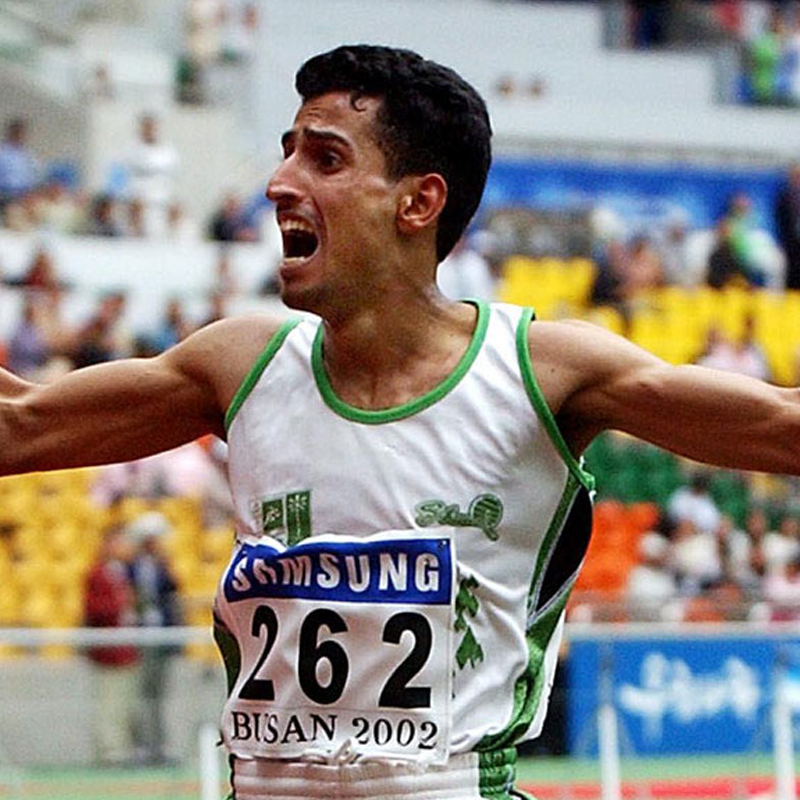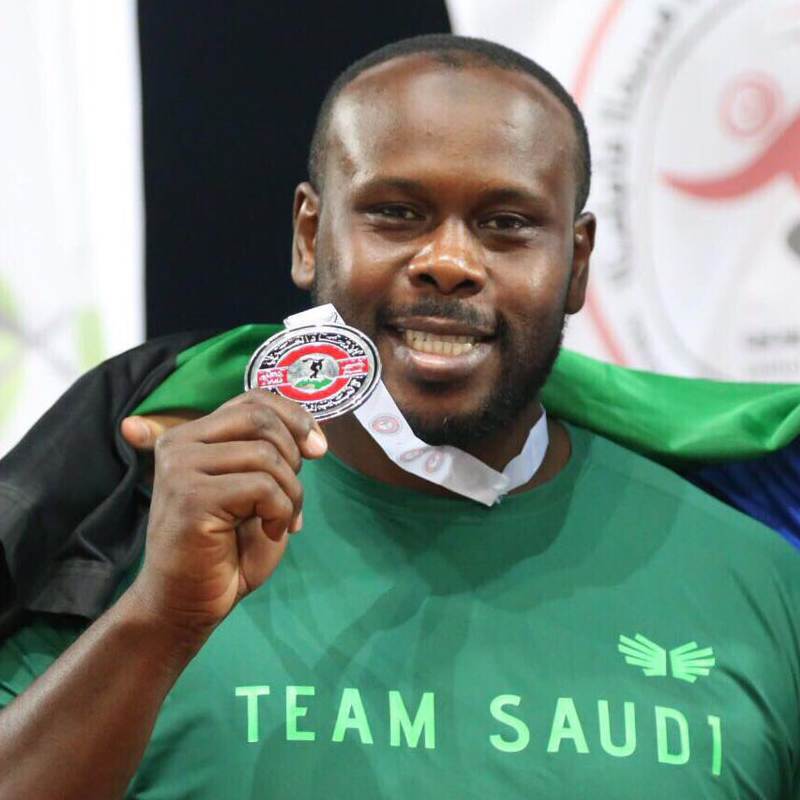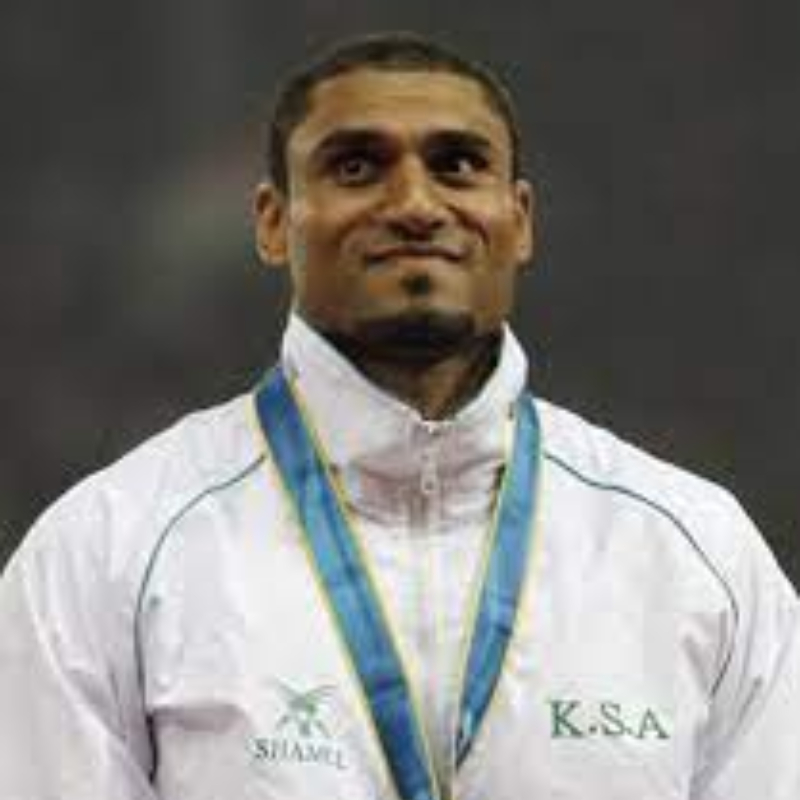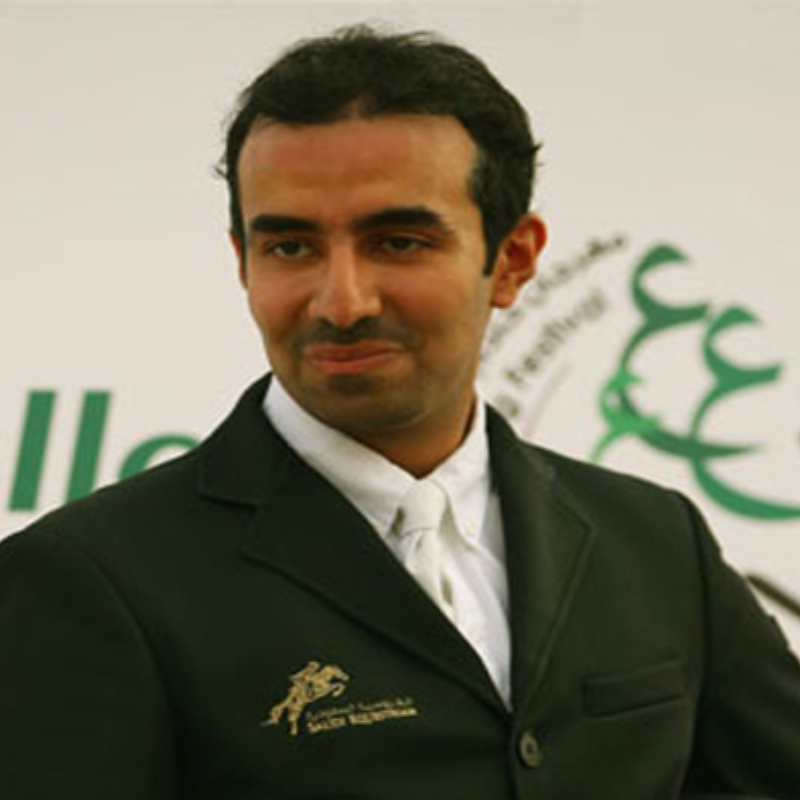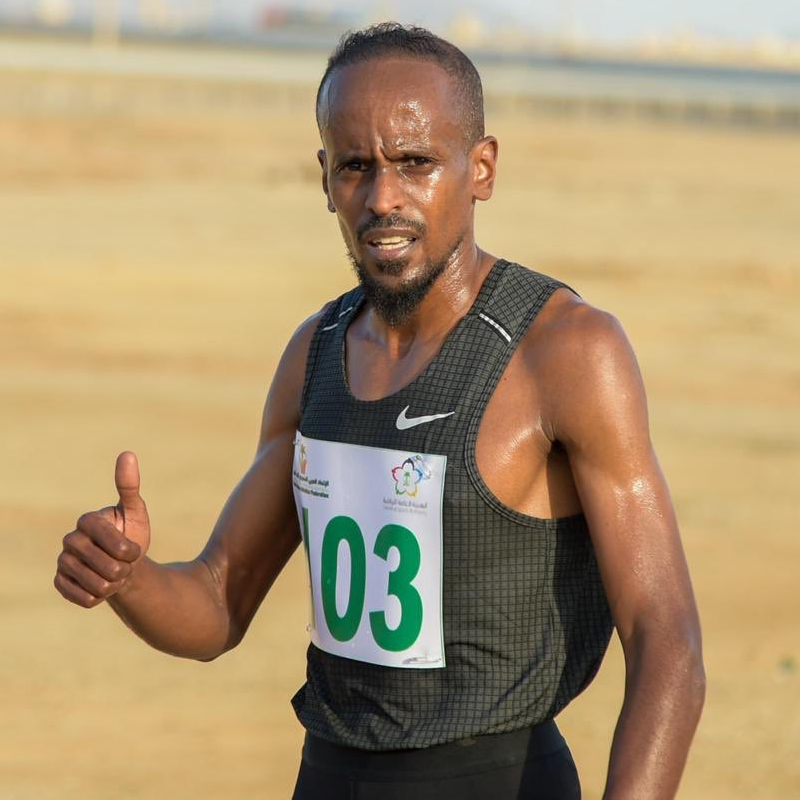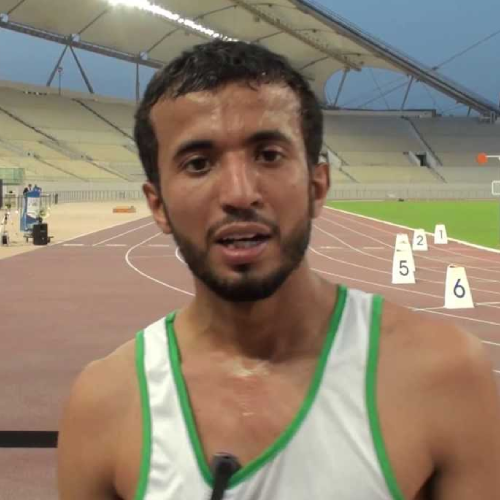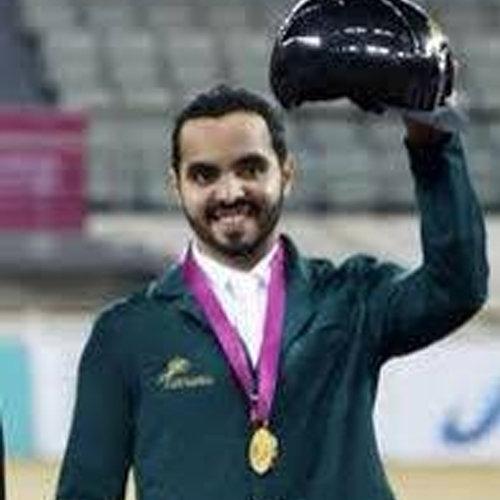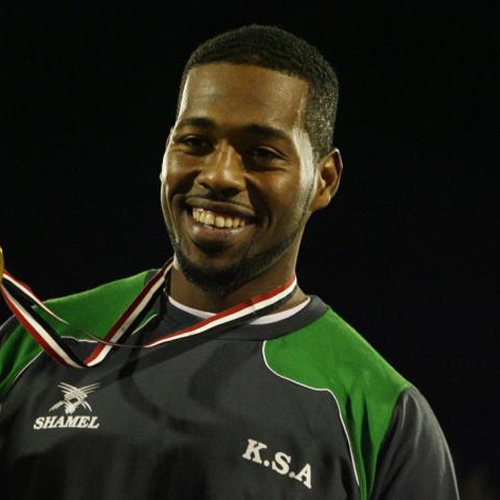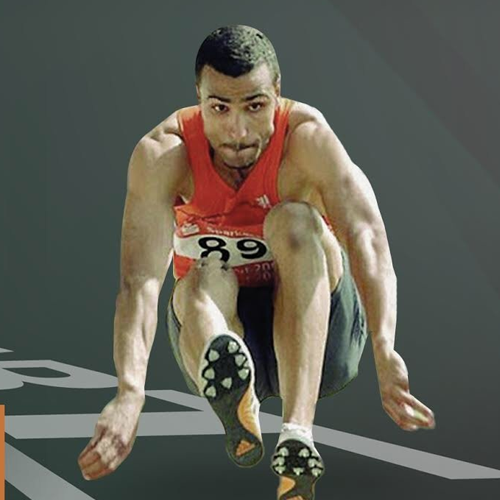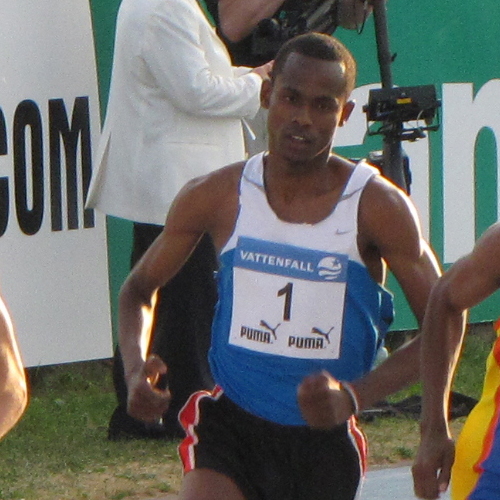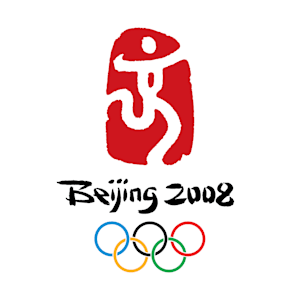
Date
August 8 - August 24
Teams
204
Country
China
Events
302
Athletes
10942
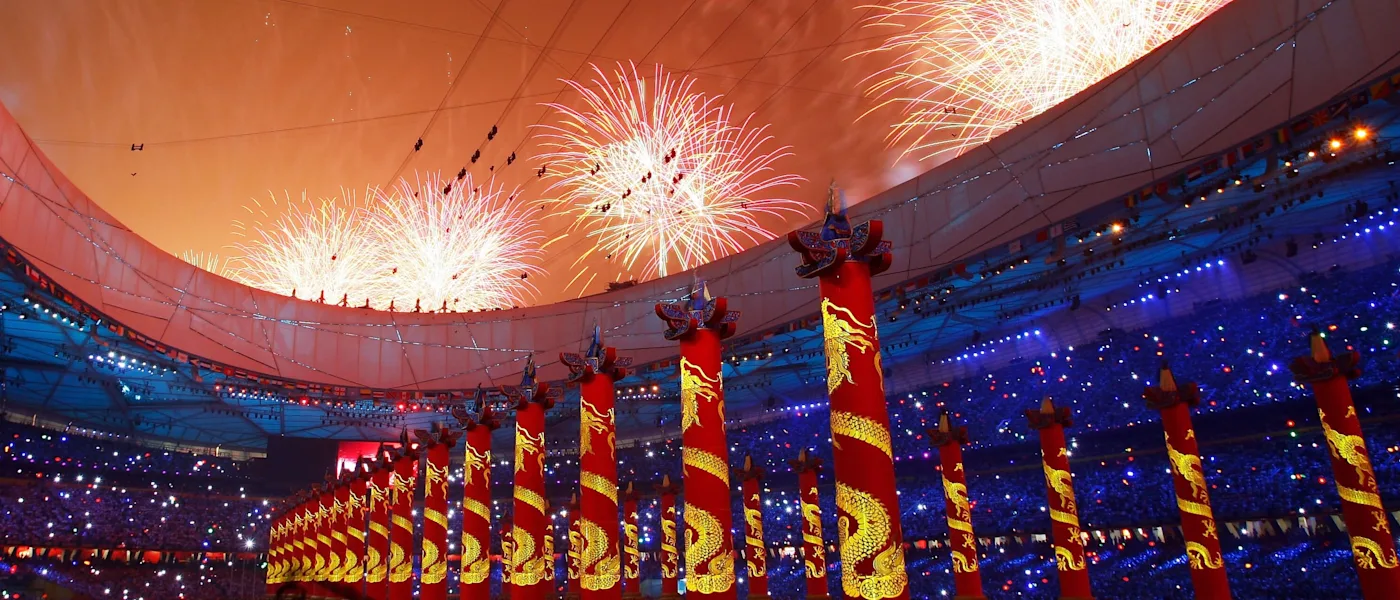
Records and achievements
Beijing was a game of records and undisputed supremacy. The opening ceremony was amazing; Achievements of miraculous athletes; The organization of the games is outstanding; The sports facilities are great and the anti-doping tests are more stringent. Hundreds of millions around the world watched on television as the Games saw more than 40 world records and more than 130 Olympic records broken.
Modernity and antiquity
The National Stadium, dubbed the “Bird’s Nest,” and the National Swimming Center, known as the “Water Cube,” were two of the most prominent symbols of modern Beijing. For the cycling competitions, organizers chose a race route that traces the route of the Great Wall of China past the Forbidden City, both iconic symbols of the city's thousand-year history.
First medals
204 National Olympic Committees participated in the Games, and 87 of them celebrated their athletes winning medals. Tajikistan, Afghanistan, Mauritius and Togo all made the podium for the first time. Tajikistan won its first medals thanks to judoka Rasul Bukiev and Yusuf Abdusalamov in wrestling. Afghanistan topped the podium thanks to Ruhollah Nikbai in taekwondo.
Also, athletes from Mongolia and Panama returned home with Olympic titles. Mongolians Badar Ugan Enkhbat in boxing and Tuvshinbayar Naidan in judo were the first athletes to win a gold medal at the Olympic Games; Just like Bahrain with Rashid Ramzi in athletics. For the African continent, Bruno Joly in boxing and Benjamin Boukbeti in kayaking gave Mauritius and Togo, respectively, their first Olympic medals, while Panama claimed its first gold medal in athletics.
Immortal heroes
Many champions emerged in the Beijing edition, but Michael Phelps and Usain Bolt stole the spotlight par excellence. The famous American swimmer Michael Phelps surpassed the achievement achieved by Mark Spitz at the 1972 Munich Games by winning eight gold medals in swimming, and the exceptional Jamaican athlete Usain Bolt broke the world records in the 100 meters and 200 meters, achieving a third gold and setting a record with the Jamaican relay team 4 ×100 metres.
National Olympic Committees: 204
Athletes: 10942 (4637 women and 6305 men)
Sports events: 302
Volunteers: 100,000 (70,000 Olympics, 30,000 Paralympics)
The media: 24,562 accredited media outlets representing 159 countries
New sporting events in games
A 10 km swimming marathon and a BMX bike race. Dutchman Martin van der Weyden won the men's 10 km marathon. In the women's race, Russian Larisa Ilchenko won the title. In BMX, short for Bicycle Moto Cross, Frenchwoman Anna-Caroline Chausson won the Olympic title. For the men, that honor went to Latvia's Maris Strombergs.
Breaking the oldest world record in swimming
American Janet Evans has held the women's 800 meters record for nearly 20 years. But in Beijing, Britain's Rebecca Adlington broke the record set by Evans in 1989 when she was just six months old. In 2008, in the 800m final, Rebecca Adlington improved her time over the previous time by more than two seconds, clocking 8:14.10. She won gold in the 800 meters and 400 meters and became the first Briton to win women's swimming gold since 1960.
The oldest and youngest participants in the games
In Beijing, the age difference between the oldest and youngest participating athlete was nearly 50 years: Japanese equestrian Hiroshi Hokatsu competed in his third Olympic Games at the age of 67, while Cameroonian swimmer Antoinette Joyce Guedia Moafo competed in the Games for the first time at the age of 12.
Ultra-modern sports facilities and a thousand-year-old history
The renamed “Bird’s Nest” National Stadium and the National Swimming Centre, known as the “Water Cube”, were pioneering models of sports architecture and symbols of the new Beijing. For the cycling race, organizers chose a route that follows the Great Wall of China past the Forbidden City, two symbols of the city's thousand-year history.
27 centers hosted various sporting competitions, six of them outside Beijing: Hong Kong, where equestrian competitions were held; Qingdao, where the sailing competitions were held; While Tianjin, Shanghai, Qinhuangdao and Shenyang hosted football matches. University students use six of these sports facilities located on the city's campus.


